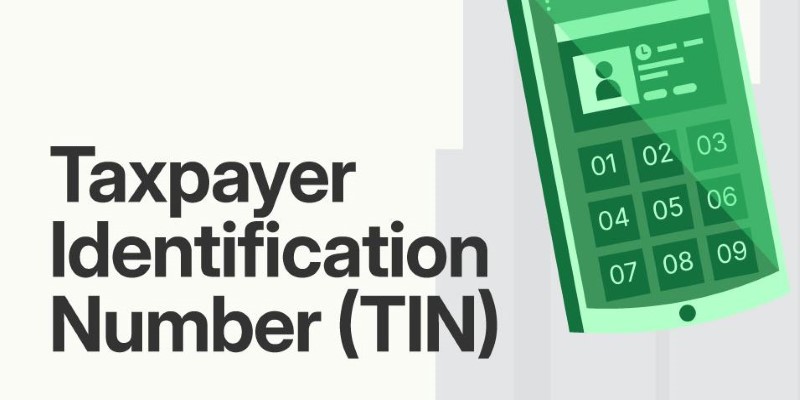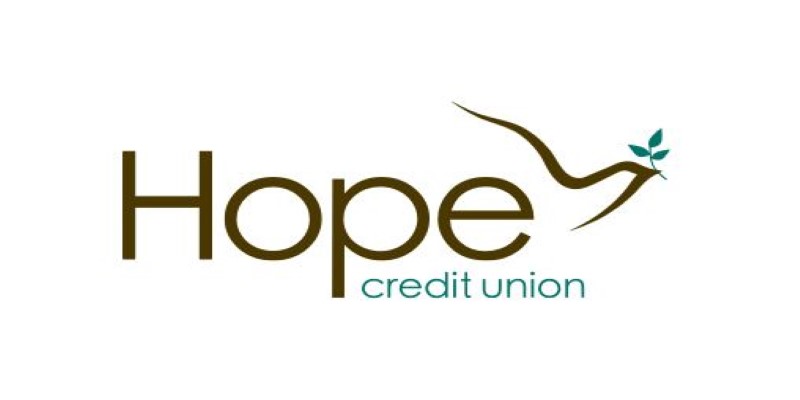The Importance of Form 8282: A Guide for Donee Organizations and Donors
Dec 11, 2024 By Pamela Andrew
Form 8282 can seem like a small formality in the complex world of charitable contributions, but it holds a significant place in ensuring transparency and compliance with IRS regulations. Whether youre a nonprofit organization receiving donated property or a donor looking to understand the tax implications of your contributions, navigating Form 8282 can help you stay on the right side of the law.

Here, well break down Form 8282, the IRSs requirements for donee organizations, the deadlines involved, and the broader tax implications it holds for all parties involved.
What is Form 8282, and Who Needs to File It?
Form 8282 is the Donee Information Return that the charities must file with the IRS if they sell, transfer, or dispose of donated property within three years of donation if its value exceeds $5,000. This ensures that charitable organizations meet tax laws on the donation of properties. The IRS monitors these transactions to ensure that the tax deduction claimed by the donor indeed reflects the actual value that the donee organization received when the property was sold or disposed of.
Charitable organizations, such as nonprofits, museums, and educational institutions that receive property donations above $5,000, are responsible for filing Form 8282 if they dispose of the property within three years. Exceptions include donations that are consumed or distributed in ways that align with the organization's tax-exempt purpose, such as a soup kitchen using donated food.
Form 8282, therefore, protects the donors so that the tax deduction is correctly based on fair market value. If the donee organization sells the property contributed, the IRS will cross-compare the claimed deduction with the selling price. Where both the donor and the organization, in this case, the donee, are knowledgeable and observe form 8282 compliance, they will not incur tax reporting penalties.
Key Information Required on Form 8282
Completing Form 8282 involves providing essential details about the donated property, the organization, and the donor. Here are the main components that donee organizations must include:
Description of the Donated Property: A clear, specific description of the donated property is necessary. For example, if a painting is donated, the form should include details such as the title, artist, dimensions, and any distinguishing characteristics.
Date of Contribution and Date of Disposition: Both dates are crucial as they confirm whether the disposition occurred within the three years.
Donors Information: The form requires the donor's name, address, and taxpayer identification number (TIN). The IRS needs this information to validate the donor's claimed deduction and track any discrepancies.

Donee Acknowledgement: The organization must include its name, address, and TIN and confirm that it is eligible to receive tax-deductible contributions. Additionally, the donee should certify that it notified the donor regarding the disposal of the property.
Proceeds of Disposition: If the property was sold, the donee must report the amount received from the sale. This figure helps the IRS determine if the appraised value used for the donors tax deduction matches what the donee organization received.
Once completed, the donee organization must submit the form to the IRS and provide a copy to the donor. The IRS then uses this information to cross-reference the deduction claimed by the donor with the actual disposition value of the donated property.
When and How to File Form 8282
The IRS requires Form 8282 to be filed within 125 days of the disposition of the donated property. Meeting this deadline is essential, as late or missed filings can result in penalties. The form can be submitted either in paper format or electronically, depending on the preferences of the donee organization. Organizations that opt for electronic filing should ensure they use the appropriate software to avoid issues with compliance.
In addition to filing with the IRS, the organization is required to provide a copy of Form 8282 to the donor. This step is essential to maintain transparency with the donor regarding the disposition of their donated property and helps the donor stay informed about any potential tax implications.
How Form 8282 Impacts Donors and Consequences of Non-Compliance
For donors, Form 8282 acts as a safeguard against the overvaluation of donated property. When a donor claims a deduction based on a high appraisal, and the donee organization sells the item soon after, the IRS may question whether the valuation was accurate. This oversight ensures that the tax system isnt manipulated through inflated deductions. Donors should also be mindful that if the sale price of the donated property is significantly lower than the appraised value they reported, it could result in an adjustment to their deduction. Donors making significant non-cash contributions should retain documentation of the property's appraised value, especially if they anticipate that the donee organization will dispose of the property soon after receiving it.

On the donee organizations side, failure to file Form 8282 can have severe repercussions. The IRS imposes a penalty of $50 per unfiled form, which can quickly add up, especially for organizations receiving many property donations. Non-compliance may also attract additional scrutiny, potentially resulting in audits or other regulatory actions. To avoid such penalties, donee organizations should implement clear internal procedures for tracking donations and dispositions, ensuring that Form 8282 is filed correctly and on time. Proper record-keeping is crucial to streamlining the filing process and maintaining compliance with IRS regulations.
Conclusion
Form 8282 plays a crucial role in maintaining transparency and compliance in the donation process. Both donee organizations and donors must understand its requirements to avoid penalties and ensure accurate reporting of donated property. By following IRS guidelines and filing the form on time, organizations can protect themselves from fines while preserving the integrity of the donation process. Donors, too, benefit from being informed about potential adjustments to their deductions. Ultimately, proper handling of Form 8282 fosters trust and accountability in charitable contributions.








